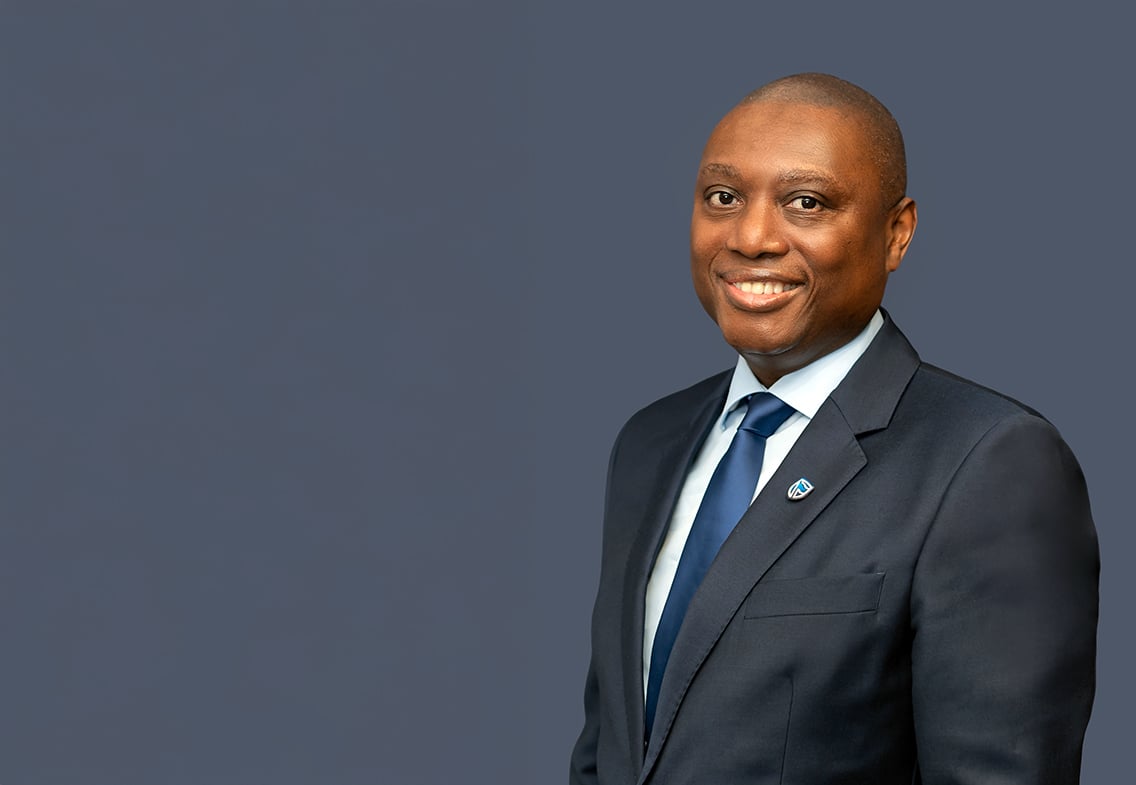This article was produced with the support of Standard Bank Group
For the third year in a row, Standard Bank has earned a place on the prestigious list of the World’s Most Trustworthy Companies, a global accolade compiled by Newsweek in partnership with Statista. The recognition in 2025 cements Standard Bank’s reputation as one of Africa’s most respected financial institutions, and places it among a select group of companies worldwide that have demonstrated resilience, credibility and leadership in an era where corporate trust has become both more fragile and more valuable than ever.
The award is no small achievement. The list is compiled following a rigorous evaluation process that assesses companies across three crucial dimensions of trust: customers, investors and employees. More than 65,000 individuals across 20 countries were surveyed, while over half a million online mentions were analysed to capture sentiment towards thousands of companies. Only one thousand firms worldwide made the final cut. Out of 96 South African companies eligible for consideration, Standard Bank’s inclusion underlines not only its stature in the domestic market but also the growing global recognition of its brand.
For Standard Bank, which has consistently positioned itself as more than just a financial services provider, the recognition is deeply connected to its purpose-driven ethos. “This recognition is a powerful endorsement of our purpose, ‘Africa is our home, we drive her growth’,” said Sim Tshabalala, Chief Executive of Standard Bank Group. “At Standard Bank, we understand that trust is built over time, through every interaction, every decision, and every promise kept. It’s reflected in how we support our customers, how we engage with our employees, and how we deliver value to our investors. Being named one of the world’s most trusted companies is a reflection of the values that guide us and the impact we strive to make across Africa.”
This focus on purpose has increasingly become central to how African corporates seek to define themselves. In a continent marked by rapid economic transformation, shifting demographics and a volatile global environment, companies are under pressure to do more than generate profits. They are expected to contribute meaningfully to society, provide stability to communities, and build long-term partnerships with stakeholders. For Standard Bank, whose operations span more than 20 African countries, the ability to anchor itself in trust and reputation is critical to sustaining its leadership role.
Building Trust in a Changing Financial Landscape
The recognition comes at a time when the financial services sector is experiencing significant disruption. Digital transformation, regulatory shifts and heightened expectations from consumers are reshaping the banking industry worldwide. In Africa, these changes are amplified by the continent’s unique challenges and opportunities – from underbanked populations and informal economies to the fast-growing adoption of mobile technology. Against this backdrop, maintaining trust is not just a reputational advantage but a strategic imperative.
Trust in financial institutions, once taken for granted, has been eroded globally over the past two decades due to crises, scandals and governance failures. In this context, Standard Bank’s ability to sustain trust across multiple constituencies for three consecutive years is noteworthy. It suggests that the bank’s commitment to transparency, good governance and customer-centricity is resonating both within Africa and beyond. For investors, this translates into confidence in the bank’s long-term stability. For customers, it assures reliability and integrity in the management of their financial lives. For employees, it reinforces a sense of pride and belonging to an organisation that is recognised for doing the right thing.
Standard Bank’s strategy has long emphasised sustainable growth and shared value, two themes that increasingly dominate the discourse in African business circles. The idea that corporate success must be intertwined with the progress of the societies in which companies operate has gained currency, particularly in emerging markets where the need for inclusive development is acute. By aligning its purpose with Africa’s growth, Standard Bank positions itself not only as a participant in the continent’s economic journey but also as a catalyst for transformation.
This is evident in the bank’s investments in infrastructure finance, trade facilitation and SME development. By supporting projects that expand access to energy, improve transport networks or enable cross-border trade, Standard Bank contributes directly to the structural transformation of African economies. At the same time, initiatives aimed at enhancing financial inclusion and promoting entrepreneurship extend opportunities to segments of society that have historically been excluded from formal banking systems. These efforts help explain why the bank has been able to foster trust across such diverse constituencies.
A Signal for African Business on the World Stage
Beyond its operational achievements, the recognition from Newsweek also carries symbolic weight. It signals that African corporates are increasingly visible in global rankings of credibility and trustworthiness. While multinational giants from North America, Europe and Asia often dominate such lists, the presence of African companies underscores the region’s growing role in shaping global business narratives. For Standard Bank, it is not only a validation of its own efforts but also a signal to the world that Africa’s financial institutions can meet the highest international standards of governance and reliability.
There is also a broader lesson here for African businesses. In a global marketplace where reputation can make or break competitiveness, trust has become a key differentiator. Consumers are more discerning, investors more cautious, and employees more selective about where they commit their talent. Companies that fail to cultivate trust risk losing ground, regardless of their size or market share. Conversely, those that embed trust at the heart of their operations stand to gain a sustainable advantage. Standard Bank’s recognition therefore offers both an example and a challenge to other African corporates: that building trust requires consistency, integrity and a long-term perspective.
The accolade also reinforces the idea that African companies can play on the world stage without compromising their identity or local relevance. Standard Bank’s guiding purpose – “Africa is our home, we drive her growth” – is deeply rooted in the continent’s realities. Yet, the values it represents – integrity, responsibility and transparency – resonate universally. By remaining authentic to its African mission while adhering to global best practices, Standard Bank demonstrates that local grounding and international recognition are not mutually exclusive but mutually reinforcing.
As Standard Bank looks to the future, the challenge will be to sustain and deepen the trust it has built. The financial services sector will continue to evolve, shaped by technology, changing customer needs and broader economic shifts. In Africa, the opportunities are immense, from harnessing the potential of the African Continental Free Trade Area to financing the continent’s green transition. Yet these opportunities come with risks that will test the resilience and adaptability of institutions. Trust will be the currency that determines which companies can navigate these complexities successfully.
For now, Standard Bank can take pride in its recognition as one of the World’s Most Trustworthy Companies. It is a testament to the work of its leadership, employees and stakeholders who have consistently upheld its purpose and values. More than a badge of honour, it is a call to continue delivering on the promises that underpin trust – promises that matter not only to customers and investors but to Africa’s broader journey of growth and development.
In celebrating this achievement, Standard Bank reinforces the message that trust is not incidental to business success but fundamental to it. In a time when global confidence in institutions is under strain, the ability of an African bank to inspire trust across continents is both remarkable and instructive. It offers a powerful reminder that Africa’s businesses, when guided by clarity of purpose and commitment to integrity, can compete and lead on the world stage.

 Sign in with Google
Sign in with Google 



